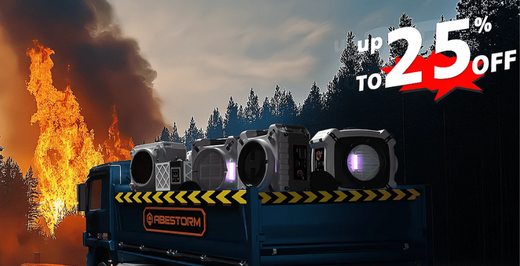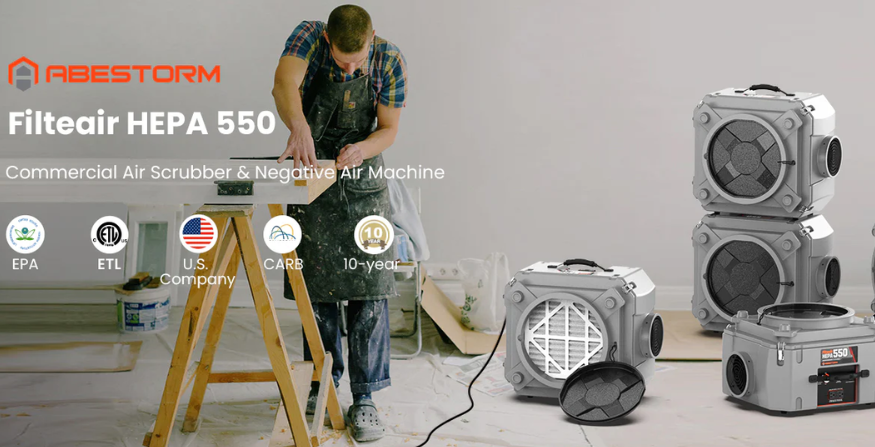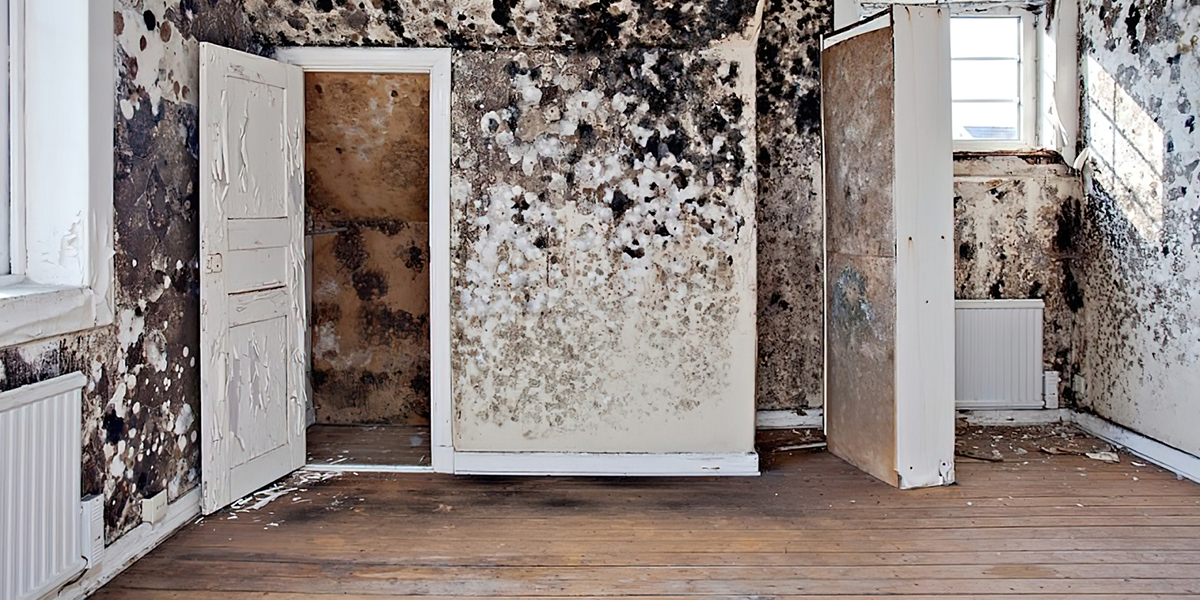As we navigate through various seasons of the year, maintaining a comfortable and healthy home environment becomes crucial. In this article, we will delve into the world of dehumidifiers, devices designed to manage humidity levels in your home, ensuring optimal comfort and health.
What is a Dehumidifier?
A dehumidifier is a domestic device engineered to lower humidity levels in the air. When humidity is high, it can result in conditions like dampness and the growth of mold and mildew, which could potentially trigger health issues such as allergies and asthma. By controlling the moisture levels, dehumidifiers help prevent these issues.
How Does a Dehumidifier Work?
Dehumidifiers utilize a fan to draw the air into the appliance, effectively removing moisture from it.The air then passes over refrigerated coils that cool it down, causing the moisture to condense and collect into a water tank. The dehumidified air is subsequently warmed up and released back into the surrounding space.
Benefits of Using a Dehumidifier
Reduce Mold and Mildew: A dehumidifier can help to reduce the potential development of mold and mildew on furniture, curtains, and other materials in your home by controlling moisture levels.
Alleviate Allergy Symptoms: Dehumidifiers can play a significant role in alleviating allergy symptoms by lessening the prevalence of allergens and irritants, particularly in damp areas of your home. High humidity levels create an ideal environment for allergens like mold, mildew, and dust mites to thrive. These allergens can trigger a range of symptoms such as sneezing, coughing, itchy eyes, and skin rashes.
Reduces Pest-related Problems: By effectively managing the humidity within your living environment, dehumidifiers can play a crucial role in making your home less inviting to pests. Many pests, such as cockroaches, dust mites, and silverfish, are attracted to moist conditions. By reducing humidity levels, dehumidifiers create an environment that is less conducive for these pests to survive and reproduce. This can significantly reduce the likelihood of pest infestations in your home. Moreover, by preventing excessive moisture, dehumidifiers can also help deter the growth of mold and mildew, which can attract additional pests and potentially lead to health issues.
Improves Comfort: By extracting excess moisture from the air, dehumidifiers help create a more comfortable and breathable atmosphere in your home. This can lead to improved sleep, as high humidity levels can often make sleeping conditions uncomfortable. Additionally, balanced humidity levels can prevent condensation on windows and walls, which not only improves your comfort but also protects the structural integrity of your home.

Reduces Energy Costs: A dehumidifier can be a significant contributor to energy savings in your home by enhancing the efficiency of your air conditioning system. In high humidity conditions, your air conditioner has to work extra hard because it's not only responsible for cooling the air but also for removing excess moisture. This double duty often results in higher energy consumption and consequently, higher utility bills.
Prevents Damage to Valuables: Preventing damage to valuables is one of the primary benefits of using a dehumidifier. High humidity levels can be detrimental to various household items, including furniture, electronics, clothing, and even structural elements like walls and ceilings. By maintaining a suitable humidity level, a dehumidifier can thus help protect your valuables from moisture-related damage. This not only preserves the condition and lifespan of these items but also saves you from potential repair or replacement costs.
Choosing the Right Dehumidifier
Choosing the right dehumidifier for your needs can make a significant difference in your home's comfort and air quality. Here are some factors to consider:
Size of the Space: The size of the area that you need to dehumidify is one of the most important factors to consider. Dehumidifiers are typically rated by the amount of moisture they can remove in 24 hours, and this is usually measured in pints. For a small room, you might only need a dehumidifier that can remove 10-20 pints per day, while a large basement or whole house might require a unit that can remove 50-70 pints per day.
Humidity Level: If the space you're trying to dehumidify has a high level of humidity, you'll need a more powerful dehumidifier. For example, if you're dealing with a damp basement that regularly floods, you'll need a dehumidifier rated for high moisture removal.
Temperature: Some dehumidifiers function better in certain temperature ranges. If you're planning to use it in a cold space, like a basement, look for a model that is designed to work in lower temperatures.
Energy Efficiency: Look for models that are Energy Star certified, which means they meet certain energy efficiency guidelines. This can save you money on your electricity bills in the long run. One way to ensure that a product is energy efficient is to look for the Energy Star certification. This certification is a symbol of energy efficiency created by two government agencies, the Environmental Protection Agency (EPA) and the Department of Energy (DOE). Products that have been awarded this certification meet strict energy efficiency guidelines set by these agencies.
Additional Features: Consider whether you want additional features like a built-in hygrometer to measure humidity levels, a timer for automatic shut-off, or a filter indicator to let you know when the filter needs to be cleaned or replaced.
Noise Level: If your intention is to operate the dehumidifier within a commonly used living area, it's crucial to take into account the noise produced by the device. Certain models are designed to run more silently than their counterparts.
In conclusion
In summary, a dehumidifier plays a crucial role in ensuring a home environment that is both comfortable and conducive to health. By understanding how they work and their benefits, you can make an informed decision about the right dehumidifier for your needs.









Shop For Dehumidifier